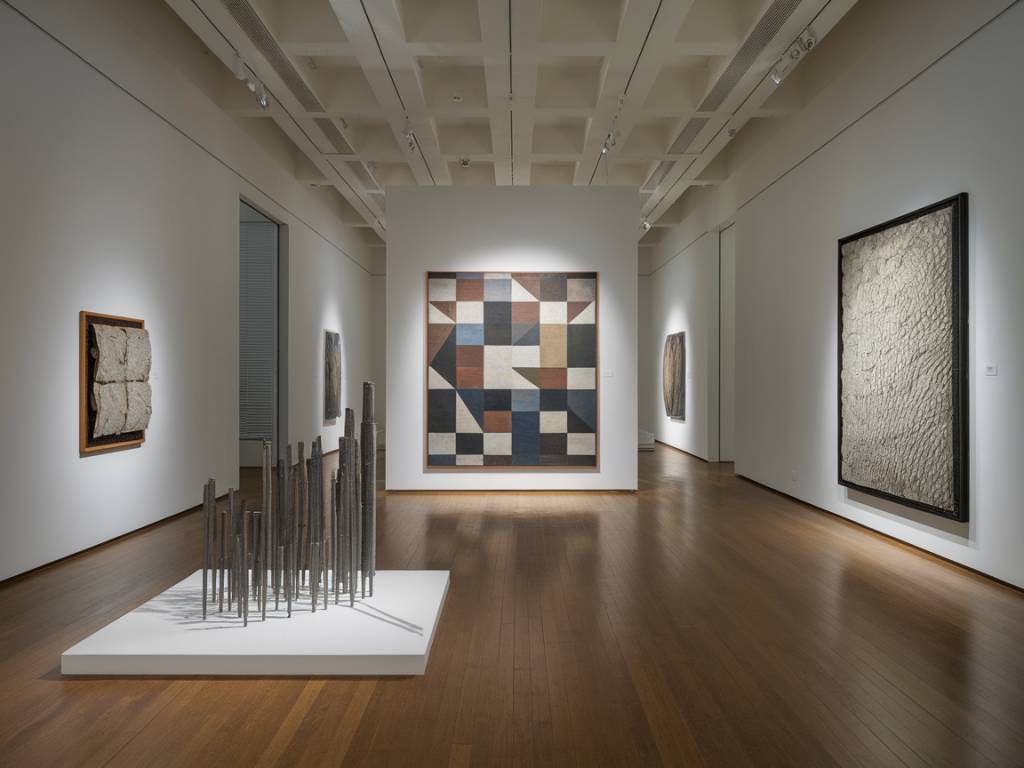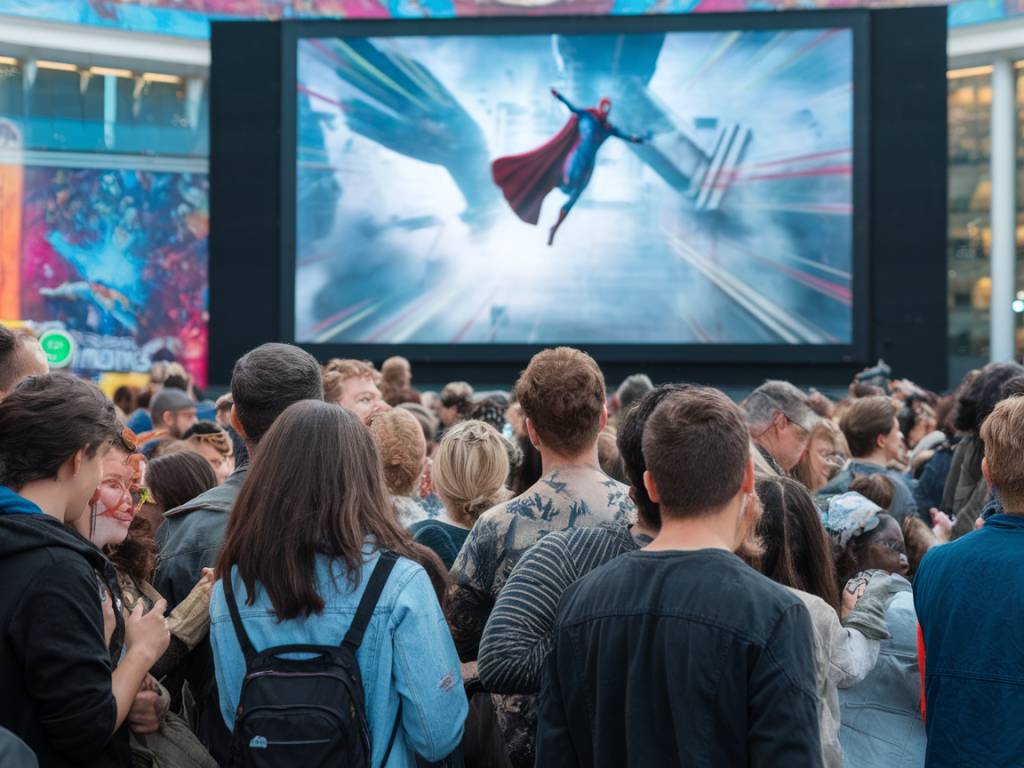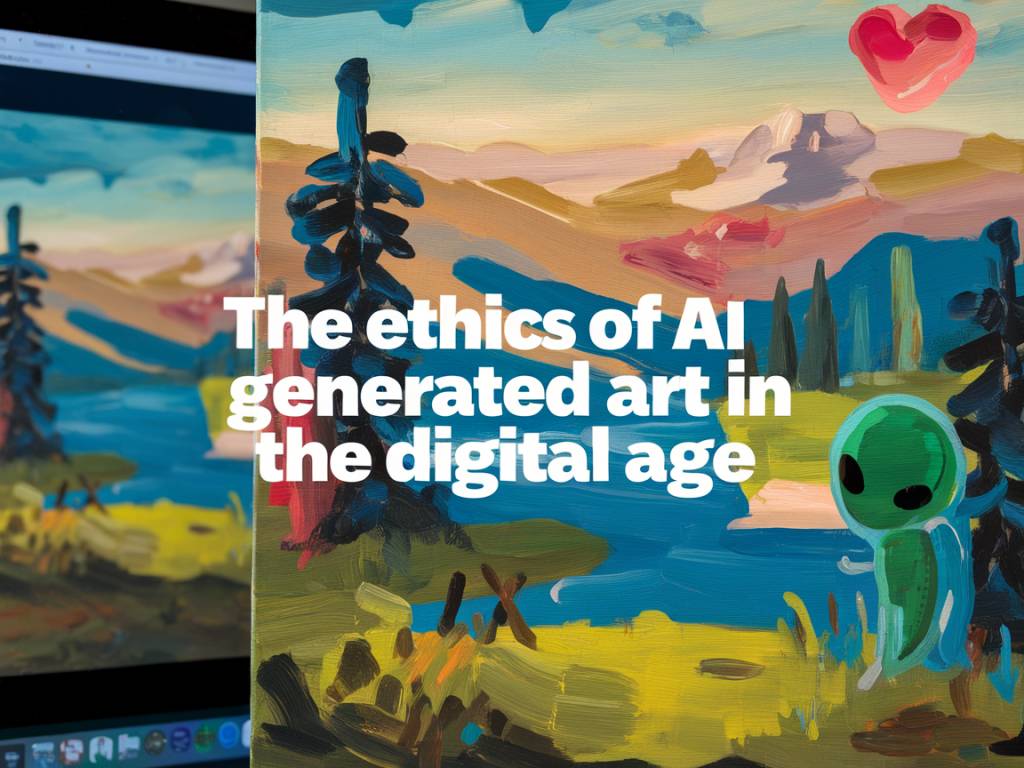The art world is in constant flux, with established traditions being continuously challenged and redefined. The year 2023 is no different, as new art movements emerge and reshape the contemporary scene. This article delves into some of the most influential art movements of 2023, highlighting key characteristics and notable artists. Whether you’re an art enthusiast or a potential buyer, here’s a comprehensive overview to keep you updated.
Digital Art and NFTs
Digital Art has been on the rise for several years, but in 2023, it is reaching new heights, especially with the integration of NFTs (Non-Fungible Tokens). NFTs have revolutionized the concept of ownership in the digital art space, allowing artists to monetize their work in unprecedented ways.
This movement is characterized by:
- Unique ownership of digital artworks
- Blockchain technology ensuring authenticity
- New marketplaces and platforms for selling art
Notable artists in this space include Beeple, Pak, and Trevor Jones, who have all made significant contributions to Digital Art and NFTs. These artists are pushing the boundaries, creating works that are both innovative and reflective of our digital age.
Eco-Art and Sustainability
In 2023, Eco-Art is gaining significant traction. This art movement is deeply intertwined with themes of sustainability, environmental awareness, and climate action. Artists are creating pieces that not only highlight environmental issues but also advocate for sustainable practices within the art world.
Key aspects of Eco-Art include:
- Use of recycled or sustainable materials
- Themes focused on environmental conservation
- Interactive installations that engage the public in eco-friendly practices
Prominent Eco-Artists like Olafur Eliasson and Maya Lin are leading this movement, creating immersive installations that encourage viewers to reflect on their relationship with the environment. Their work seeks to inspire action and foster a deeper understanding of sustainability.
Post-Internet Art
Post-Internet Art continues to dominate the contemporary scene in 2023. This movement explores the impact of the internet and digital technologies on society, culture, and art itself. Post-Internet artists often use a variety of media, blending physical and digital elements to create thought-provoking pieces.
Characteristics of Post-Internet Art include:
- Exploration of digital culture and online behavior
- Integration of multimedia and digital technologies
- Critical examination of the internet’s influence on daily life
Artists such as Jon Rafman and Amalia Ulman are at the forefront of this movement, using their works to dissect the complexities of our digital age. Their art often addresses issues like identity, privacy, and the blurring lines between the online and offline worlds.
Socially Engaged Art
The rise of Socially Engaged Art is another significant trend in 2023. This movement is rooted in the belief that art can play a crucial role in social change. Artists within this field actively collaborate with communities, addressing pressing social issues through their work.
Elements of Socially Engaged Art include:
- Collaborative projects with community involvement
- Focus on social justice, equality, and activism
- Art as a tool for dialogue and change
Leading figures in this movement include Tania Bruguera and Theaster Gates, both of whom have pioneered projects that merge art with social action. Their work often serves as a catalyst for community development and raises awareness about critical societal issues.
Augmented Reality (AR) Art
Augmented Reality (AR) Art is making waves in 2023, offering immersive and interactive experiences that blend physical and digital realms. AR Art enhances the viewer’s experience by overlaying digital information onto the real world, creating a dynamic interaction between the two.
Features of AR Art include:
- Interactive and immersive installations
- Use of AR technology to enhance physical spaces
- Blurring the line between reality and virtuality
Artists like KAWS and Refik Anadol are renowned for their innovative use of AR, crafting experiences that captivate and engage audiences. Their work exemplifies the potential of AR technology to transform how we interact with and perceive art.
Kinetic Art
Kinetic Art, which emphasizes movement and physical interaction, is seeing a resurgence in 2023. This art form focuses on the dynamic nature of the piece, often incorporating mechanical elements that move or change over time.
Key features of Kinetic Art include:
- Artworks that incorporate motion
- Use of mechanical systems or natural forces
- Engagement of the viewer through interaction
Artists such as Anthony Howe and Theo Jansen are leading this movement, creating mesmerizing works that are both visually and intellectually stimulating. Their pieces often evoke a sense of wonder and curiosity, drawing viewers into an interactive experience.
Immersive Art Installations
Immersive Art Installations have become increasingly popular in 2023, offering spectators a fully enveloping artistic experience. These installations often mix various elements like light, sound, and 3D constructs to create multisensory environments.
Key aspects of Immersive Art Installations include:
- Multisensory experiences
- Large-scale installations that envelop the viewer
- Integration of technology and various artistic disciplines
Notable artists such as Yayoi Kusama and teamLab are renowned for their ability to transport viewers into entirely new worlds. Their work often transcends traditional art forms, offering a profound and often emotional experience.
The dynamic art movements of 2023 are redefining the contemporary scene in exciting and innovative ways. From the digital realms of NFTs to the socially engaged projects transforming communities, art continues to evolve and inspire. Staying informed about these trends not only enriches our understanding of the art world but also enhances our appreciation for the ever-changing landscape of contemporary art.




